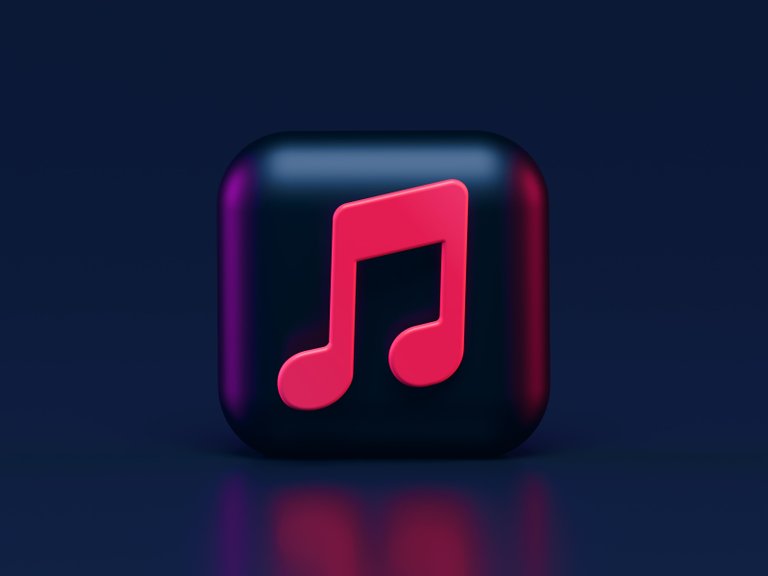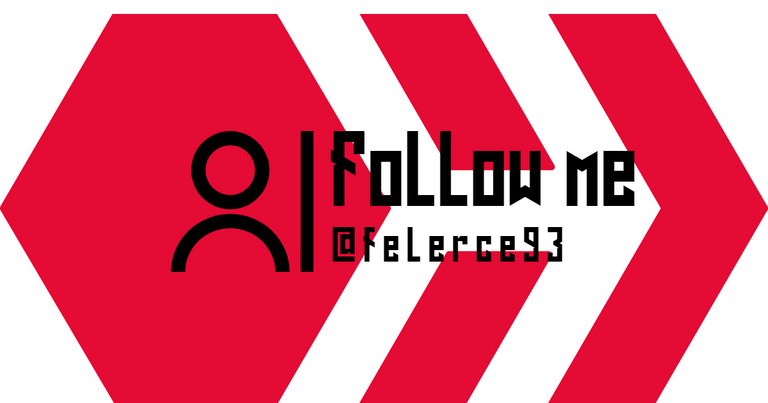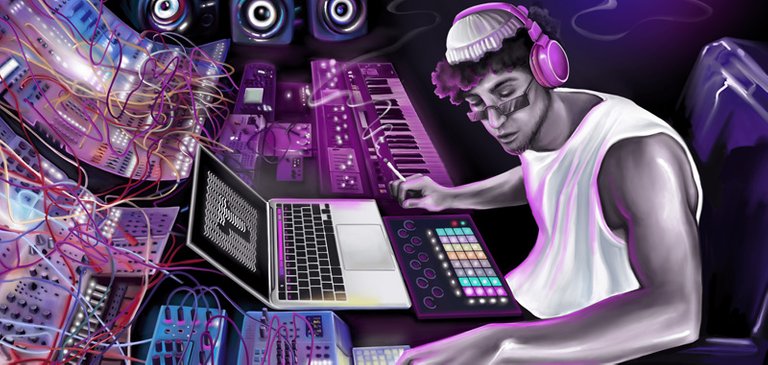Heyy how are you today. I hope everything is good
I have been searching too much these days for new opportunities and this is one that got my eyes...
Music NFTs are following in the footsteps of visual art NFTs in terms of popularity, and certain strategic alliances are now in the works. Snoop Dogg, for example, just bought Death Row Records and plans to transform it into the Metaverse's first NFT music company. Others are finding success by collaborating with other musicians.

source
Royal, an NFT royalty platform developed by DJ and music producer 3lau, has collaborated with rapper Nas to raise awareness of the different ways artists may engage with their audience while directly earning money streams from their compositions. However, it is not just the industry's great names who are paying attention to the technology and area.
Freddy Got Magic Tweet
Web3 commentators are thrilled about the Metaverse's creative freedom and are realizing that NFTs can provide a way for artists to be fairly paid. In response to this trend, Iman Europe, a musician and the head of artist relations at NFT music startup Sound, told Bloomberg that "I had one individual buy my song for the price it would have taken a million listens to obtain." Snoop Dogg released a song NFT through Sound on March 14 that sold out and raised 100 Ether (ETH) ($271,399).
Creators are constructing better structures within music NFTs to make a living after negotiating Web2 streaming methods. Latashá, an artist and the head of community programming at NFT marketplace protocol Zora, has sold over 50 music and multimedia nonfungible tokens, informing NFT-focused blockchain platform Palm that each 1/1 artwork sells for $20,000 on average.
In contrast to the Web2 paradigm, in which artists must reach hundreds of streams before making even a dollar, Web3's infrastructure adds ownership to the mix.
T-Pain Tweet
Platforms like Sound, Audius, Zora, Royal, and Catalog emphasize artists keeping ownership rights to their music NFTs, allowing them to earn royalties every time they are resold. Because music NFTs are issued on a blockchain and backed by information, the risks of ceding intellectual property rights are reduced. Blockchains also make it easier to trace where and how the material is consumed and distributed. Artists can now be reimbursed directly as a result of this move.
Snoop Dogg might be the torchbearer for what is possible when independent musicians sign with large labels. He and other Web3 users have raised awareness about how producers and owners might profit from future listen-and-earn benefits via music NFTs.
Although music NFTs have not grown as rapidly as proof-of-profile (PFP) NFTs, there have been significant advances in their usability and capability beyond simply functioning as audio files. The architecture of Web3 and blockchain has unlocked and transformed the creative economy business
So raping things out I think this has too much potential and you may have to keep your eyes open on this.
If you enjoyed the post, please leave an upvote and/or a comment, and feel free to follow me (at the link below) if you want to see my next post.
➡️ hive.blog/@felerce93 ⬅️

